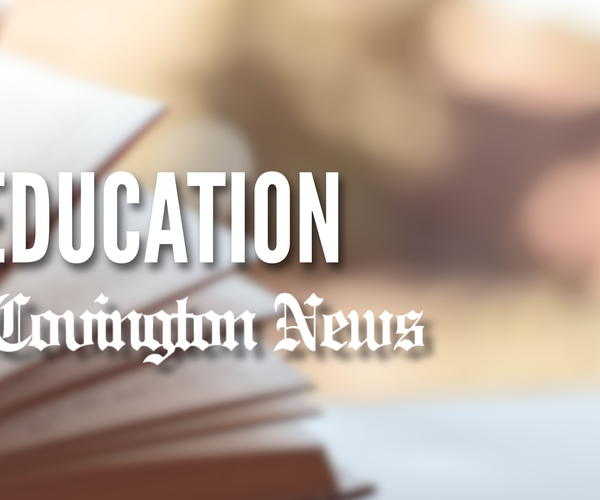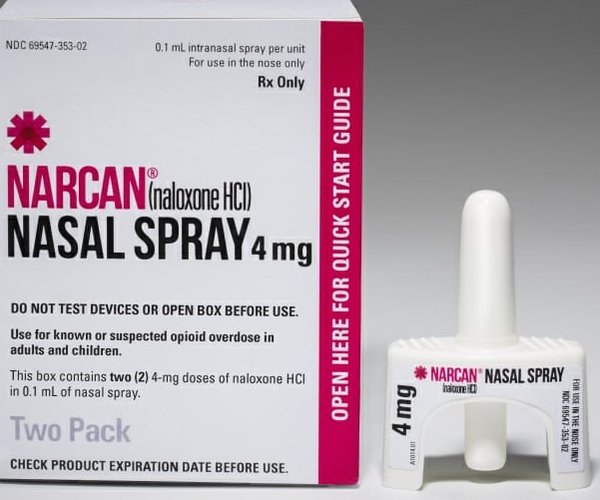COVINGTON, Ga. — On the floor of Newton County’s Board of Education meeting chambers, one resident petitioned board members to waive the “burden” of paying a school tax for seniors, and also seek the addition of a referendum to create a permanent exemption program.
But board members and the superintendent shared that work to find a solution and provide tax breaks for the community’s elders was already underway.
Longtime resident Connie Hunt addressed the school board Tuesday, April 26, with a plea to make changes to the district’s tax system. She specifically asked the board to provide waivers to seniors 65 years and older who filed for a senior homestead exemption for this year’s school tax. Hunt also asked the board to see that a referendum be placed on the ballot in November for a permanent senior exemption program.
Hunt, who said her children had graduated from Newton High School in 2006, said paying the tax had become a “burden” for her and other seniors in the community who typically received a fixed income from the Social Security Administration.
“This year our proposed school tax was 2/3 of our total tax bill,” Hunt said. “It was actually more than the county taxes and the fire taxes put together. It’s a burden to us.”
It’s especially hard, she said, because the average male beneficiary receives just over $1,700 per month (or $20,000 annually) and females typically receive less than $1,400 per month. And while that’s pretty low already, a minimum of $170 is deducted for healthcare costs.
“According to the Georgia Department of Revenue, the state of Georgia allow for a senior exemption for those 65 and over with a limited income of $10,000 or less,” Hunt said. “I know it also says counties can give greater exemptions that that.”
Walton County, Newton’s neighbor to the north, exempts seniors 65 years and older from paying school taxes on a home and up to 1 acre, Hunt said.
“So it doesn’t even have to be the entire exemption, just something to be able to help the seniors out,” she said.
According to the 2020 U.S. Census, just 13% of Newton County’s population is made up of seniors, Hunt pointed out.
One of the 12 questions that voters will find on the Republican primary ballot is on the topic of school taxes. Party members ask, “Do you believe senior citizens 75 and over should be exempt from Board of Education property taxes?”
Hunt said she thought the question a bit “laughable” considering the CDC had recently lowered the average life expectancy to 77.
“So it doesn’t seem like from age 75 to 77 that you’re giving anybody that much of a benefit,” she said. “And a lot of people aren’t going to make it there.”
Though board members and the superintendent are not required to address topics discussed during the time for public participation, Board Chair Shakila Henderson-Baker and Superintendent Samantha Fuhrey chose to share good news with Hunt.
“We all hear you,” Henderson-Baker said. “You are not the first person to tell us this … My mom is a senior, so I empathize with you there. I will say, we have some things that we are looking at and working on.”
Henderson-Baker pointed out that the board had voted to lower the millage rate one year ago to the lowest rate approved in 12 years (the board lowered the rate from 19.788 mills in 2020-21 to 18.288 mills in 2021-2022), but taxpayers didn’t really get relief because property assessment values — determined by the county tax assessor’s office — increased.
Fuhrey said she and the board were “looking at a study” to get all information possible to see what could be done for the county’s senior population moving forward. She noted that a referendum would not be possible for the current election year due to the legislative process required to get such items on a ballot for voters to decide.
She said the board was currently working with the tax commissioner’s office and tax assessor’s office to find a balance between funding the needs of the school system while also helping area seniors.
As initial budget meetings have been held, the district’s proposed fiscal year 2023 budget currently exceeds $197 million — a nearly $8 million increase from last year.





